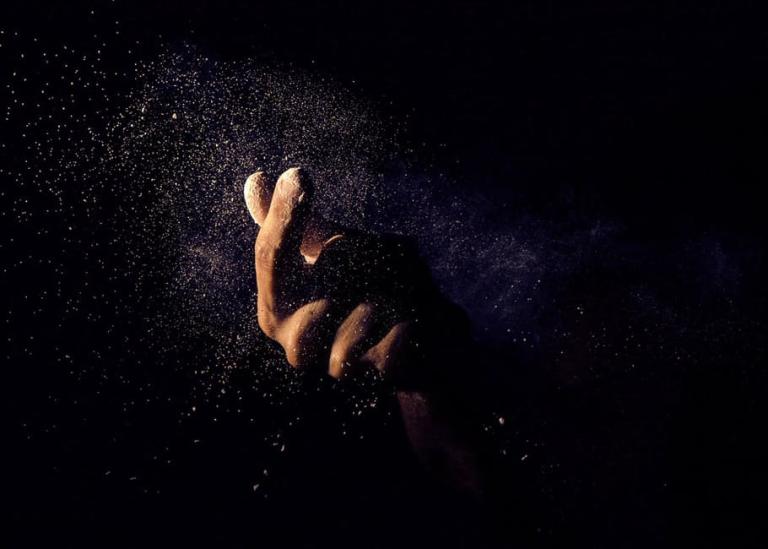
Cleaning. Everybody at some point in their lives has to clean up something. But interestingly, those of us who practice this discipline the most tend to be society’s most neglected, or at least second class citizens. Gender norms place cleaning within women’s work, drudgery not fit for the magnanimous free thoughts of men. The more I learn about the body and matter, the more I am conscious of how poorly my American society regards those closest to such things – women, maids, housecleaners, help, cooks, the poor, even the trades.
But one of the things that’s been sticking in my mind is how common and fundamental the reality is that everything is constantly breaking down and needs to be cleaned up. It’s where and why we get dust. Dust is simply the shed pieces of our things and ourselves over time.
While cleaning my car today I couldn’t help but reflect on this dust as I confronted it head-on for a few hours. While bent under my steering wheel in order to reach the floorboard, I realized that we clean in order to sustain. If I do not clean the inside of my car, dust will build up, and those microorganisms that come with dust are left to fester and will end up quickening the slow decay of the cloth and vinyl plastic in my car.
Cleaning, it seems, is a sustaining practice, a matter of health and well-being: not just for our own hygiene, but the hygiene of our things as well. In a very real sense, cleaning of any sort of is a practice of resurrection, a spearating of millions of dead and dying cells from the billions of living ones, a purging of death from life. This sacred process is, in a very direct sense, a means of our life and well-being as physical beings in a physical world.
It makes me wonder if a bit of bad theology hasn’t seeped into the very pores of this culture and helped to create the conditions we find ourselves in today. You realize it’s there in the ghosts of barely seen employees on the nightshift as they slave away to purge and collect the remnants of a lifestyle too busy and too distracted to bother with such mundane endeavors. You see it in the Christian colleges so focused on doing “God’s work” that they have little to no communion with the trades or other manual labor jobs. You realize it as you walk by hundreds of manual laborers without a second thought, yet can recall every one of the Kardashians. Perhaps it’s time to rethink our theology, perhaps even understand it as toxic if it creates room for such prejudice and division.
I believe it was Brother Lawrence most famously (though assuredly not first) who made the claim that for him washing dishes was one of his most spiritual practices. Perhaps his lived theology is something we can all pay more attention to. Perhaps the work of the Kingdom, the practice of resurrection – as Wendell Berry encourages – means being good stewards of our stuff, our rooms, our spaces and our places.
Maybe Mom’s incessant reminder to clean my room and make my bed wasn’t a waste of her time, or my spotty obedience to the task a distraction from my “spiritual disciplines.” Making my bed was a discipline and sacred act all on its own. Perhaps it’s time we shed our dualistic frameworks for spiritual and physical and relearned how God speaks to us through ALL of creation, including cleaning the dust and grime from our cars. For dust you are and to dust you shall return.
 Stephen Milliken works for a security company in Indianapolis, IN. He recently lived and worked as a resident intern at Lamppost Farm in Columbiana, OH, a non-profit ministry and educational farm seeking to serve the Kingdom by helping to facilitate relationship with God, creation, others, and self.
Stephen Milliken works for a security company in Indianapolis, IN. He recently lived and worked as a resident intern at Lamppost Farm in Columbiana, OH, a non-profit ministry and educational farm seeking to serve the Kingdom by helping to facilitate relationship with God, creation, others, and self.












